As Brits prepare to bask in a 30°C heatwave this week, a yellow heat health alert has been issued in all but one region in England.
The Met Office and the UK Health Security Agency issued the warning from today (June 24) until Thursday afternoon due to the impact it may have on health and the social care sector.
Alongside health warnings, experts have spoken about the risk of fires in people’s homes as temperatures increase.
Temperatures can impact our everyday appliances, whether they are being used or not, so it is safest to unplug some during a heatwave.

As the temperature rises there is a greater risk of household appliances overheating
Getty
Dan Mock, an electronic expert said: “During the hotter months of the year, it’s recommended you only have appliances and electronics plugged in that you need to use at that moment.”
It may seem excessive to unplug so many electrical devices in your home, however, when appliances are plugged in during a heatwave they are at a higher risk of overheating and causing a fire.
Mock explained: “The wires and pipes they may be attached to are going to naturally be hotter during heatwaves like the one we’re currently experiencing. If these elements get incredibly hot, the appliances may not run at their ultimate ability.”
We have compiled a list of household appliances to switch off during a heatwave to ensure your safety.

The Fire Service warn against using the tumble dryer, washing machine and dishwasher at night or when you leave the house
Getty
1. Tumble Dryers
If you are still using your tumble dryer in the summer months, there are a few safety precautions to take. First, the Fire Service urge not to use a tumble dryer, or other white goods including washing machines and dishwashers overnight or when you are out of the house in case they cause an electrical fire. It is also important to regularly clean the lint trap in your tumble dryer to make sure it does not overheat. Finally, when not in use, the appliance should be unplugged from the outlet.
Dan Mock explained: “The dryer has heating elements that, if overheated, may ignite and cause a fire.”
2. Dishwashers
Dishwashers can pose a serious risk during hot weather as the machine uses hot water to clean dishes inside and heat to dry them.
Mock said: “During a heatwave when wires and pipes are hotter than normal, it is possible for older and worn-out dishwashers to catch fire. You should also avoid leaving the house while the dishwasher is on.”

Fans should be switched off at the wall when not being used
Getty
3. Fans
As air conditioning is not common in homes in the UK, many Brits reach for electric fans to keep cool. Jae Ro, an expert at plug specialists, Signal & Power, said: “These appliances are meant to generate airflow and are unlikely to overheat on their own.
“However, it’s a good idea to unplug them when not in use to avoid any unnecessary strain on your electrical system during hot weather.”
4. Electronics
Smaller electrical devices like televisions, computers and gaming consoles can all generate heat if they’re used for long periods. Even phone chargers and portable power banks should be switched off to prevent surges in overheating. Ro explained why chargers should be unplugged stating: “While these use minimal energy on their own, unplugging them can help prevent surges or overheating if there’s a sudden power outage during a heatwave.”

As refrigerators work overtime it is advised to keep a close eye on them
Getty
LATEST NEWS:
5. Small kitchen appliances
Kitchen countertop appliances like toasters, coffee makers, kettles and food processors are the biggest energy drainers in the home, but also one of the biggest risks during a heatwave. Ro said: “These appliances can overheat, especially if they’re crammed together on a counter with poor ventilation.”
6. Refrigerators
During a heatwave, refrigerators and freezers are one of the most essential appliances to help keep cool, however, as the devices work overtime, it is important to keep a close eye on them. Mock advises: These appliances are working 24/7 to keep food cold so naturally, fire risks can be higher with refrigerators.
“Make sure you clean the coils behind your refrigerator regularly. The compressor can also overheat or cause an electrical short, which is a fire hazard.”




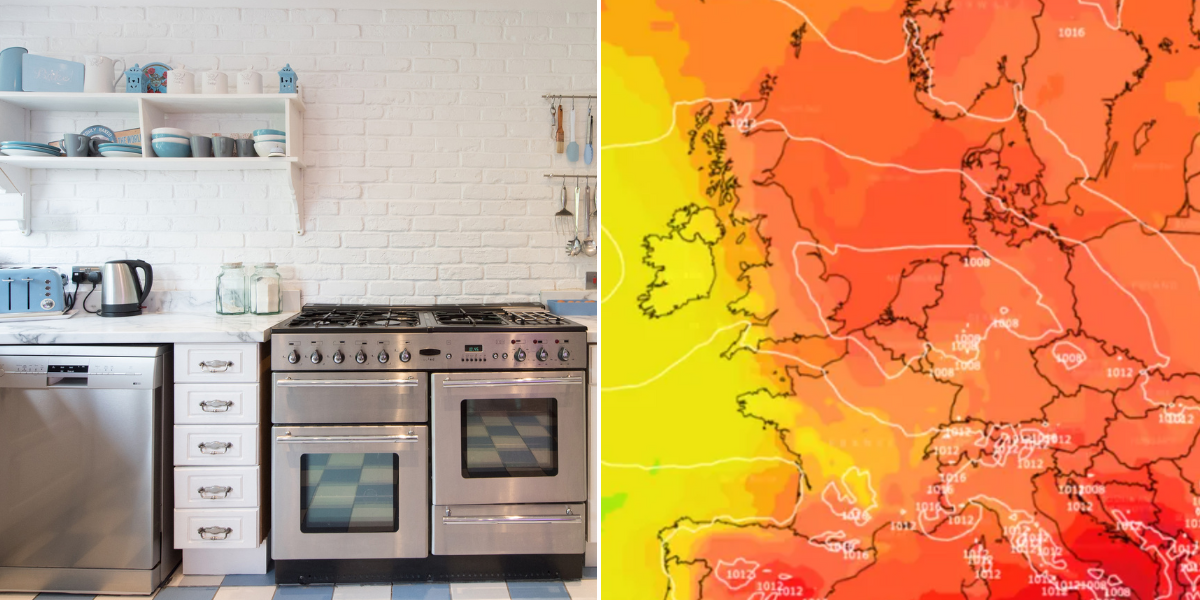
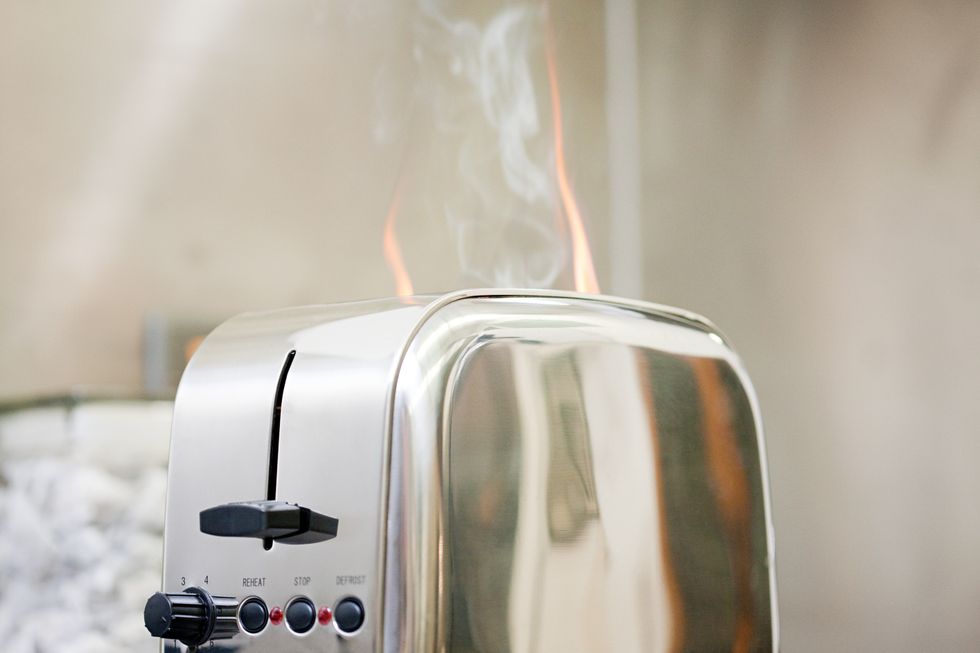
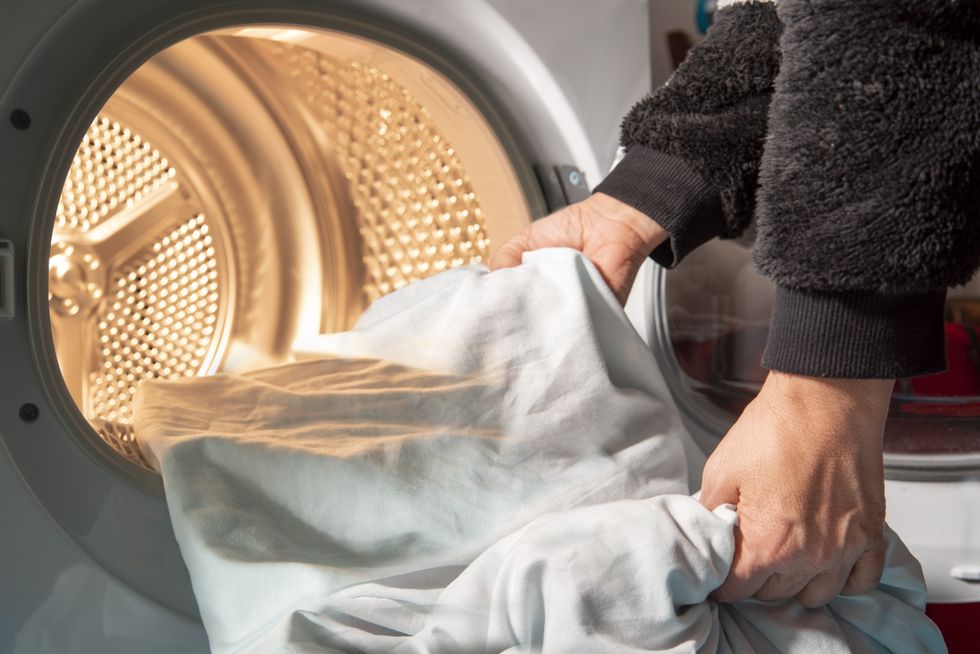
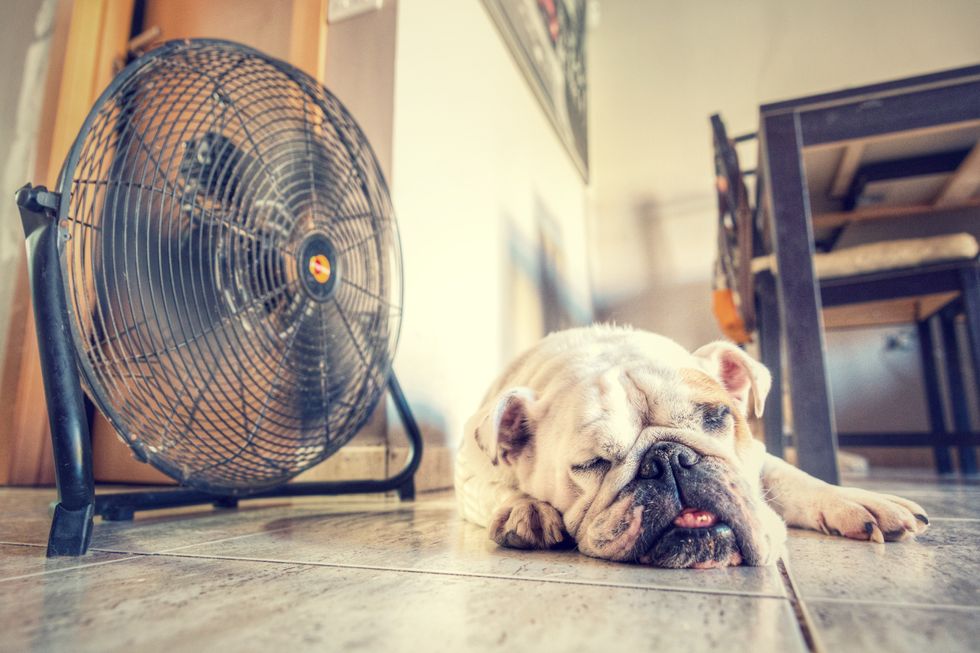
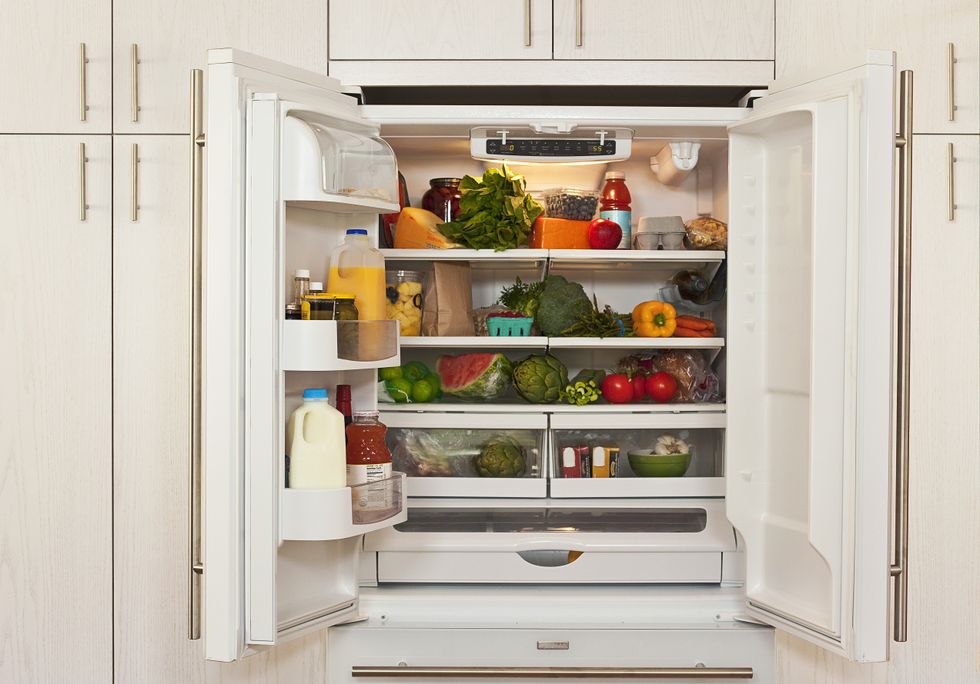
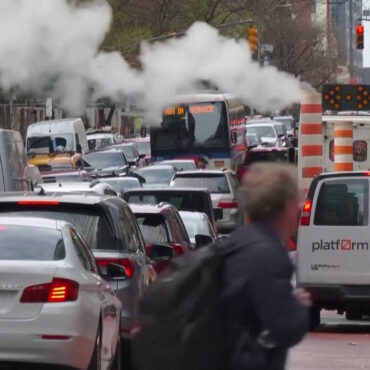
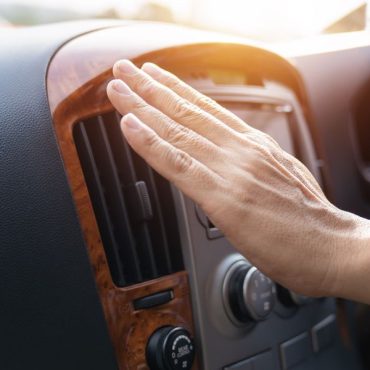




Post comments (0)